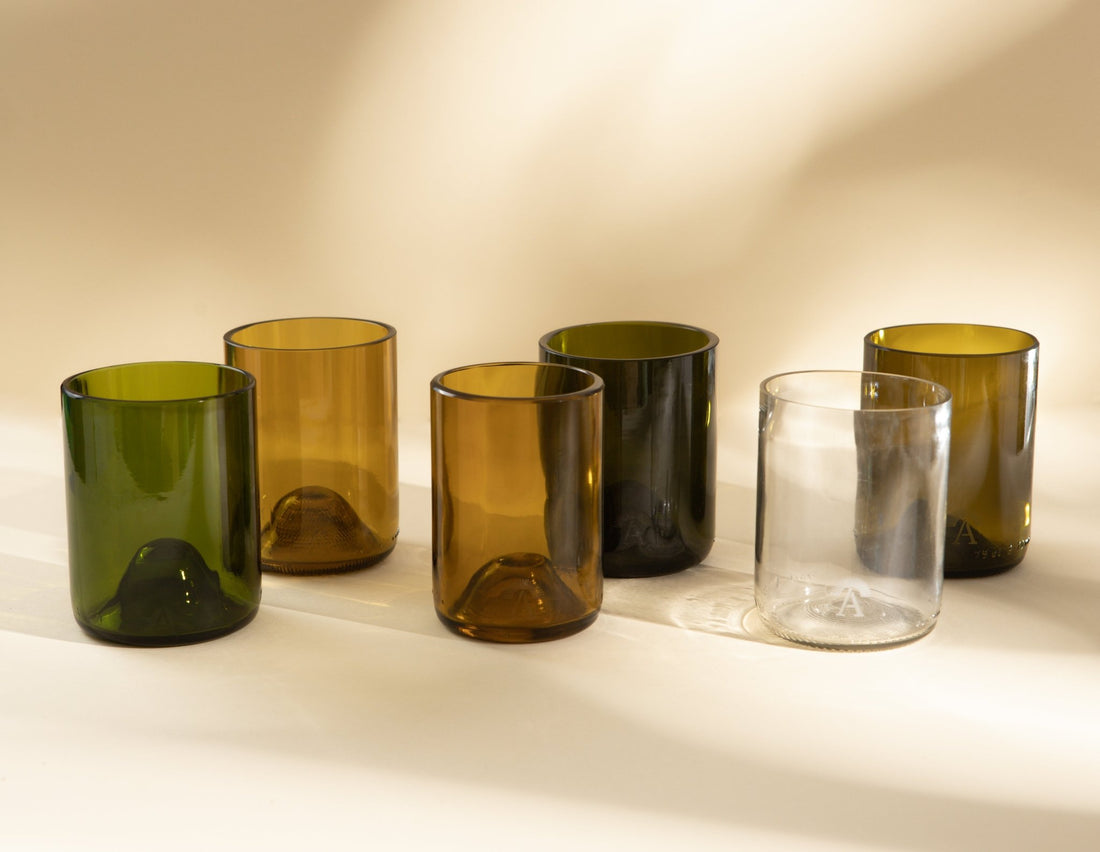Green Economy: the new market for sustainable businesses
If you have a business nowadays and want it to have a long life in the future, you can’t ignore the concept of sustainable business.
Investors and consumers are already paying more and more attention to certain behaviours, which can be beneficial to the environment or society.
Not keeping this new value in mind drastically reduces one’s credibility, which is lacking in a virtuous ethics in line with the future of the markets.
All this is changing the way of doing business and also the way of choosing the products to buy.
Popular opinion is increasingly uniform in rewarding companies that embrace the philosophy of the Green Economy. But what is it specifically? And how is the world and society really improving?
Let’s find out together in this article.
What is the Green Economy
The idea of a green economy (Green Economy) was launched in 2006, when the Stern Report was drafted: an assessment of the environmental and economic impact of climate change.
This report refers to the depletion of fossil fuels and the worsening global energy problem.
In addition, this castle of environmental maps also includes the exploitation of the planet’s renewable resources, which are now scarce due to too much exploitation.
Starting from this problem, which has become increasingly important over time, we have begun to understand that in this scenario it is everyone’s duty to do their part.
Especially in the productive sector, where the incidence is greater, we started to think about a new way of doing business.
The correct definition of Green Economy is:
Economic model that aims to reduce the environmental impact through measures in favor of sustainable development, such as the use of renewable energy, the reduction of consumption, waste recycling.
According to experts, an eco-sustainable enterprise is an organized reality considering the paradigm of the three Ps, illustrated for the first time in 1994 by John Elkington.
The three Ps stand for "Planet", "People" and "Profit", ie planet, people and profit. We can define these three terms as the foundation of an eco-sustainable enterprise. In fact, the latter should think, plan and act at an environmental (planet) and social (people) level, without putting aside everything that concerns economic revenue.
On the social side, an eco-sustainable company is also able to support the local community and protect the rights of those who reside around the company structure. In terms of protecting citizens' rights, it also includes sound measures to promote sustainable development of the territory.
How the Green Economy works
Thinking in terms of Green Economy is easier for new businesses, which can set up an eco-friendly project from the beginning. But for companies already on the market, maybe even of a certain importance, the transition requires a little more work and time.
Many of the projects in fact are set with long-term goals, which at least demonstrate the interest of that company to take charge of the commitment.
There are examples like Kit Kat, which set itself the goal of becoming carbon neutral by 2025. Or P&G, which has eliminated waste from its production, which will use only 100% recycled packaging by 2030, as well as eliminating greenhouse gas emissions by the same deadline.
Moves like this not only help the environment, but they are also rewarded in economic terms. An important signal came from the European Investment Bank (EIB), which has decided not to finance more projects based on the exploitation of fossil fuels. The funds not transmitted by the European economic and financial arm will instead be diverted to feed the fight against climate change and environmental protection.
An episode that changes the cards and forces companies to adapt, if they want to benefit from future EU energy supply projects.
Moreover, this trend aims to infect the entire banking sector and the first signs are also being seen in Italy.
The promise of the Green Economy is to better manage resources, optimize production and increase GDP growth.
It is however the safest bet to make, the earth struggles more and more to sustain the impact of man and consequently sustainable development seems the only viable way.
Obviously the Green Economy aims at the same time at the growth of the country, but it does so without having a destructive impact on nature.
Like profits, the environment also becomes a factor of economic growth in this sense, avoiding a price increase resulting from the depletion of resources and creating jobs.
Also called "Green Jobs", they operate in fields such as agriculture, production of energy from renewable sources, bioarchitecture or recycling, but also many others.
They are often high-profile figures, requiring great skills and can be applied in large projects, where different teams need to be coordinated.
The drive and the conditions to make the Green Economy work are all there, what we still have to work on, is the social step. We need a profound transformation of society, a change that often the community is not yet able to develop.
From this point of view, companies must play their part, taking on the social responsibility they exercise. It must communicate the value inherent in eco-sustainability, inspiring its customers and committing to impact the environment as little as possible.
How you support the Green Economy
Obviously the community must also do its part, every individual must act as a conscious and responsible consumer if he wants to support the Green Economy.
To become a conscious consumer is to direct the trend of the markets through a very simple choice: to buy one product rather than another.
The criteria by which a person can rely to know if he is making a sustainable purchasing choice are different:
organic products
recycled materials
eco friendly materials
avoid disposable products
pay attention to sustainability labels
choose loose products
avoid packaging
They are small choices that shift the balance, subtracting revenue from those who do not adapt and rewarding companies that are doing their part.
Thank you for reading this article, we hope it has been helpful. If you are looking for more facts about the Green world visit our blog. If instead you want to buy recycled glass products and support a 100% eco-friendly company, try to take a look at the products in our store.
Article edited by Renato Sarlo




![Vassoio con Collo di Vetro Riciclato [Lav. Lucida]](http://amarzo.com/cdn/shop/products/vassoio-con-collo-125288.jpg?v=1699712421&width=1100)




